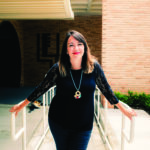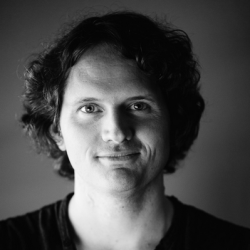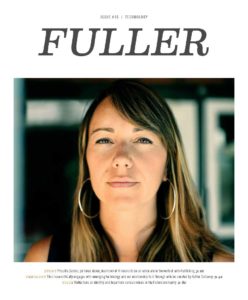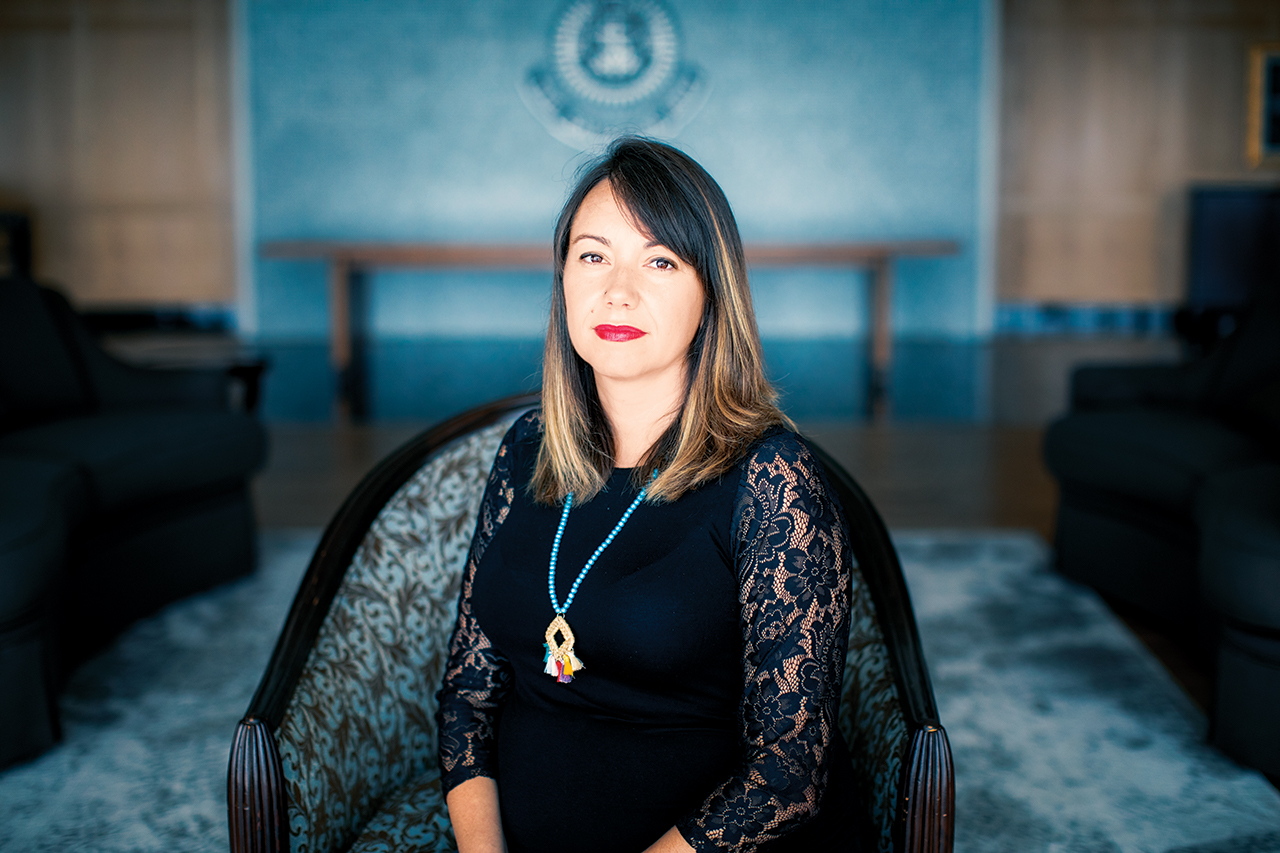
Priscilla Santos (MAICS ’12) remembers exactly where she was when she first heard about the reality of human trafficking. Sitting in church in Gainesville, Florida, she listened as her pastor told the congregation about sexually exploited women and girls in India. The stories “sat so deep in my heart,” says Priscilla, who was just out of college, that she immediately applied to travel to India for a trip with her church’s partner organization. “I was ready to go within a month,” she says.
But Priscilla didn’t go to India.
Instead, she discovered that those same stories of exploitation were happening right in her own city. As part of a ministry with her church, she was spending several hours a week building relationships with women and kids in a low-income neighborhood just minutes from her apartment. As she became friends with different women and learned how they spent their days, she noticed common stories. “Many were single moms working multiple jobs and in dire situations,” recalls Priscilla. “They had to exchange sex for money from the neighborhood men just to support their kids.” Then she learned that some of the younger girls were doing the same thing, to bring in income for their mothers.
“It was happening in my community,” she says. Further, she realized she could be more effective serving stateside rather than overseas. “I have fewer barriers serving people here in my community—I’m familiar with the culture, with the history, with the geography, and I speak the primary languages, English and Spanish.”
But Priscilla quickly understood that she would need formal training to make an impact. “I could see right away that human trafficking is very complex and nuanced, and affected people in ways that I couldn’t understand,” she says. “I wanted to be as best equipped as possible.” Having heard about Fuller from a friend, Priscilla visited the website and was moved by a video of School of Intercultural Studies (SIS) alumna Rachel Goble, founder of The Freedom Story (formerly The SOLD Project). Soon after, she moved across the country to attend Fuller at 25 years old. “I was really young, and pretty green,” she says. “But I was formed very, very deeply at Fuller.” One of the themes from her time in SIS was that of consistently acknowledging and assessing one’s privilege, power, and “savior complex.” “I learned that the way of Jesus is actually to give away your power and your privilege, and to walk alongside those who are marginalized in society.”
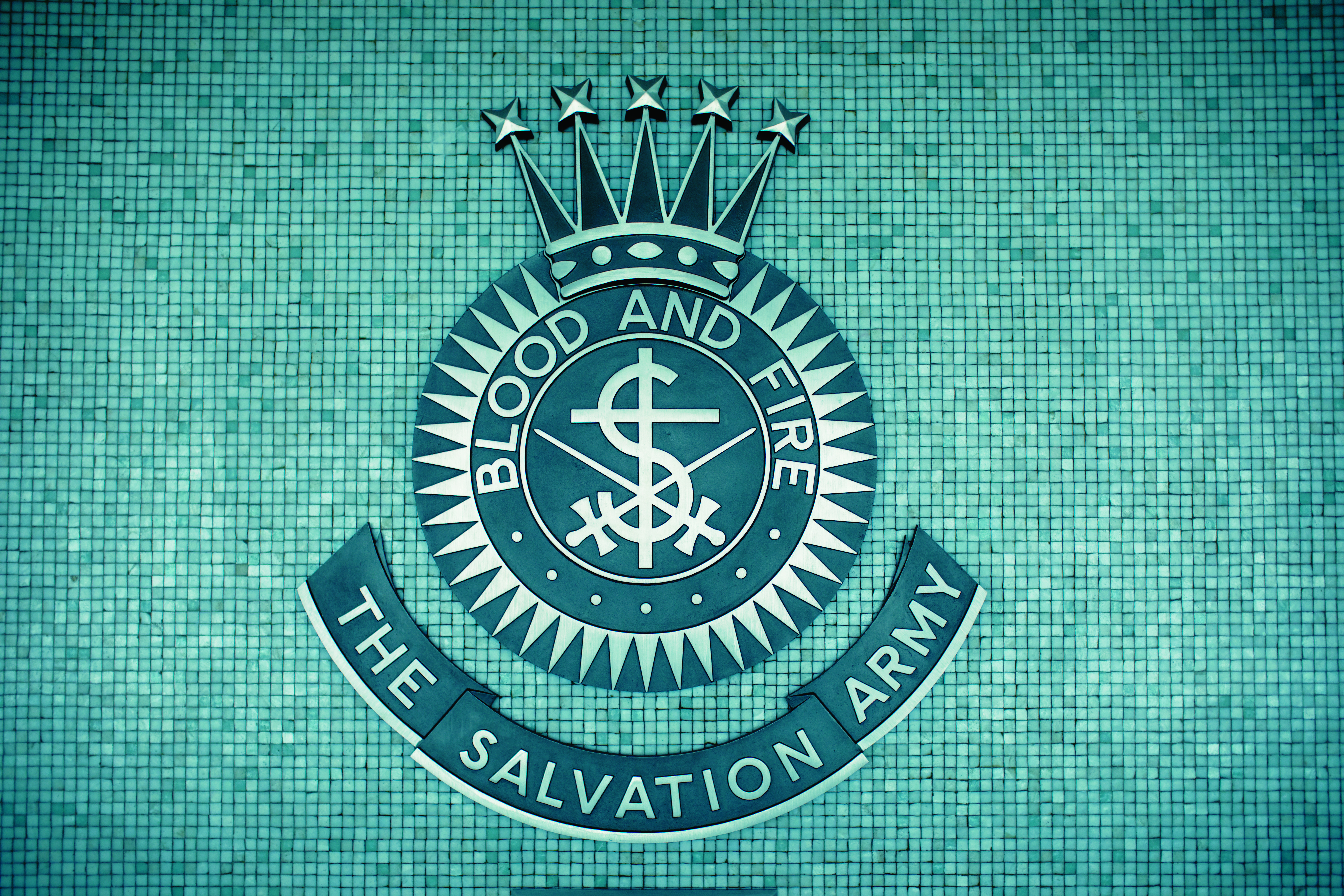
These lessons served Priscilla well when, upon graduation, she started working with the Salvation Army as a case manager with their anti-trafficking initiative in Orange County, California. “Case manager is the most on-the-ground position that exists,” she explains. “You are the person who meets with the survivors and walks alongside them as they are coming out of their trafficking situation, as they’re becoming stable, as they’re trying to find resources, and hopefully all the way to thriving. You really are their go-to person.”
Her first week on the job, she went to meet with a woman staying at a domestic violence center who had been referred by the police as a potential trafficking victim. After Priscilla met her and offered resources, the woman told her that the last person who had tried to help her was murdered by her abusive boyfriend. “There’s no training or research or school that could prepare you for those types of conversations and experiences,” Priscilla says.
Still, working with survivors is what has impacted her the most in her five years in anti-trafficking. “Working with people who have experienced this level of trauma and that are marginalized in society—it’s made me a better person,” she says. While Priscilla loved her time in the field, after a few years she was asked to take on a leadership role and tasked with creating a 10-year strategic plan for combatting human trafficking in the Salvation Army’s Western Territory, which covers 13 states. She wrestled with whether to take the job. “It meant leaving the field, leaving my staff, leaving the survivors,” she says. The deciding factor, though, was that Priscilla knew she had “a macro brain and a micro heart.” She explains, “I have a heart for working directly with people, but my brain is wired for the bigger picture.” Out of the chaos and fast pace of the field, she would be able to implement strategies that could multiply what she was doing. “Ultimately I knew that I would have a greater impact,” she says.
Now, as the social justice initiatives coordinator for the Salvation Army USA Western Territory, Priscilla is able to “think more holistically,” she says. “We realize that human trafficking is just one of the issues,” and part of her job is helping people see how various systems interact with one another and how working for social justice is necessary in each area. She says as an example, “I see so many people now who want to fight trafficking, but they don’t necessarily know that the majority of domestic sex trafficked girls in our community are coming out of the foster care system.”
She’s strategically laying the social justice “groundwork” by hosting regular webinars open to her territory’s ten thousand staff on the topic “Jesus, Justice, and the Salvation Army,” where she helps others see how Jesus lived out a life of justice, and also reminds them that social justice is in the DNA of the Salvation Army. “I do think as a whole there are a lot of misconceptions, especially in the church, around social justice. Some people see it as socialism. I’m really just connecting the dots for people about how pursuing justice is something that should branch out of living a life of faith, and seeing the way that Jesus did that in his life.”

Priscilla realizes that in her work, she’s often treading new ground. The anti-trafficking field is extremely young, especially in the US, where the Trafficking Victims Protection Act—the first anti-trafficking law—was passed only in the year 2000. Even then, the law was meant to protect foreign nationals being trafficked into the US. “Back in 2000, we thought that all human trafficking survivors were coming from other parts of the world,” she says. “We didn’t even realize there was domestic human trafficking happening in our neighborhoods.” Research and specialized experience in the area of human trafficking has only been available for 20 years, she points out, and often refers to “promising practices” in her work because “we’re not super confident yet to say these are ‘best’ practices.”
The field has come a long way, she acknowledges, and the promising practices of having a trauma-informed, survivor-led, and culturally informed approach have yielded positive results. “Before, you just had someone with a big heart who would knock on brothel doors and try to get women out. But that’s not safe and it’s not necessarily the way it happens.”
The language and imagery used to raise awareness has “changed tremendously” as well, she points out. When the conversation about human trafficking first started gaining traction, images of victims in chains and stories resembling the plot of films like Taken, with dramatic kidnappings of girls off the street, were more common. “The narrative has changed a lot,” says Priscilla. “We have dropped the rescue mentality and see our job as walking alongside survivors; they’re really the ones removing themselves from the situation. We are giving them back their voice on that.” Further, the anti-trafficking movement has widened to acknowledge labor trafficking in addition to sex trafficking. “Now we know that, globally, labor trafficking happens way more often than sex trafficking, but it’s harder to detect because it happens in plain sight.”
One survivor of human trafficking, whom Priscilla calls Joanna, represents to her an example of the restoration that’s possible as these promising practices are put into action in the real world. Joanna was trafficked with other women from the Philippines for forced labor in Orange County. After leaving her situation, she was part of the Salvation Army’s program for several years, living in a safe house and receiving different services as she rebuilt her life. But after testifying at her trafficker’s court trial and watching him pronounced “not guilty,” Joanna despaired. “I remember getting a call from one of my staff, the day before New Year’s,” says Priscilla. “She said Joanna had tried to take her own life.” Later, Joanna explained that she couldn’t bear to live in a world where justice is not granted.
“That made me think deeper about social justice and its implications for how we serve survivors of trafficking,” says Priscilla. “Perhaps we’re not in control of the legal justice system, but we could be a part of creating opportunities for survivors like Joanna to experience social justice in ways that bring her meaning.” Eventually, what brought justice to Joanna’s life was the opportunity to share her story and educate others about human trafficking, “shifting the power back to her after her traffickers had stripped it away,” says Priscilla. She remembers attending a church event where Joanna was part of a panel of survivors discussing human trafficking. “Watching her on stage, educating others—she exemplified such resilience, such grace, such bravery,” she says. “I’ll always be in awe of her and grateful for the opportunity to be in the life of someone like her.”




